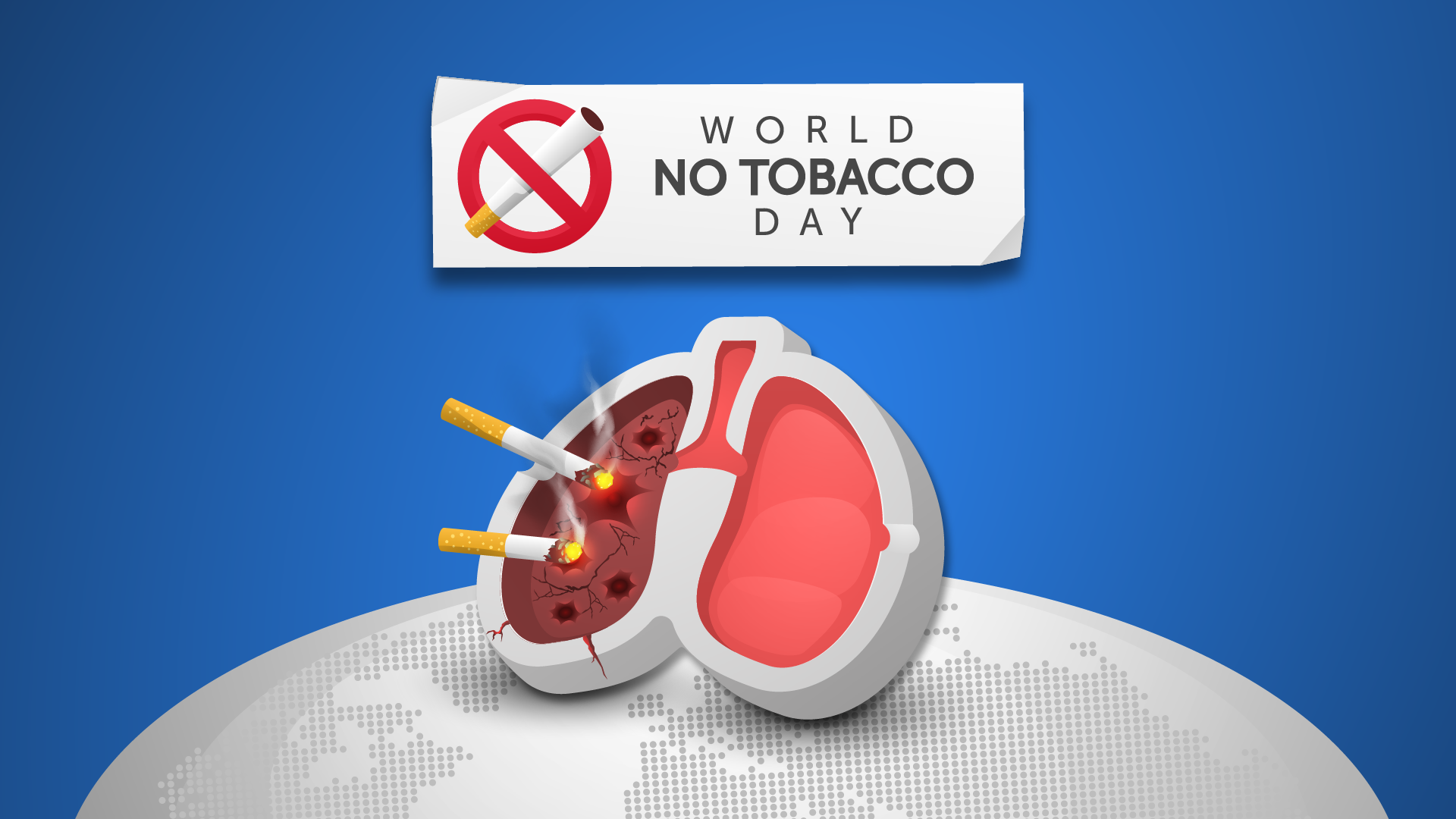Early action is important for heart attack
Learn the warning signs of a heart attack and why acting fast—especially during the critical ‘golden hour’—can save lives. Know when and how to seek emergency help.

Know the warning signs and symptoms of a heart attack so that you can act fast if you or someone you know might be having a heart attack. The chances of survival are greater when emergency treatment begins quickly.
Heart attacks have several major warning signs and symptoms:
- Chest pain or discomfort.
- Upper body pain or discomfort in the arms, back, neck, jaw, or upper stomach.
- Shortness of breath.
- Nausea, light-headedness, or cold sweat
The first hour of a heart attack is called the “golden hour.” Getting medical help within this first critical hour will greatly increase the chances of recovery. Don’t be afraid of being uncomfortable when going to the emergency room fearing that they might find nothing wrong. Go to the emergency room anyway. Better to be uncomfortable and alive than the alternative.
Take immediate action. Waiting is dangerous and can cause even more damage to the heart, even resulting in death. If chest pain or discomfort is felt, especially with one or more of the other symptoms listed above, it is vital that a person seek immediate medical care by dialling 911 before doing anything else. Try and sit or lie down and remain as calm as possible. If not allergic to ASPIRIN, chew an aspirin as soon as possible.
Heart attacks typically occur between 4:00 a.m. and 10:00 a.m. because there is more adrenaline flow in the bloodstream during this duration. The increased adrenaline may cause accumulated plaque to rupture and cause the formation of a blood clot which eventually leads to a heart attack. In spite of what some people may believe, the incidence of heart attacks doesn’t usually occur during exercise or physical exertion.
You may also like
Unmasking the Appeal: What Tobacco Really Does to the Heart



